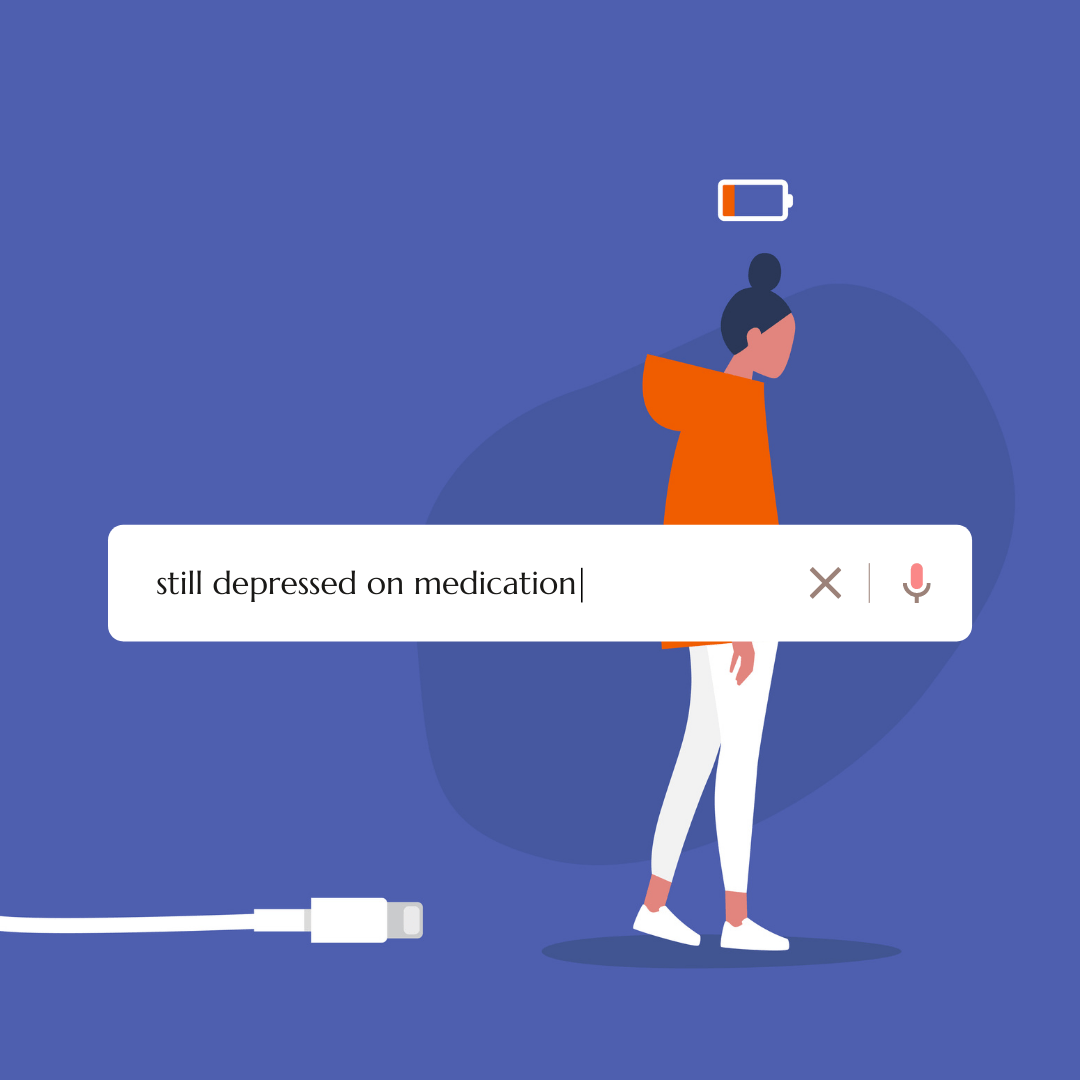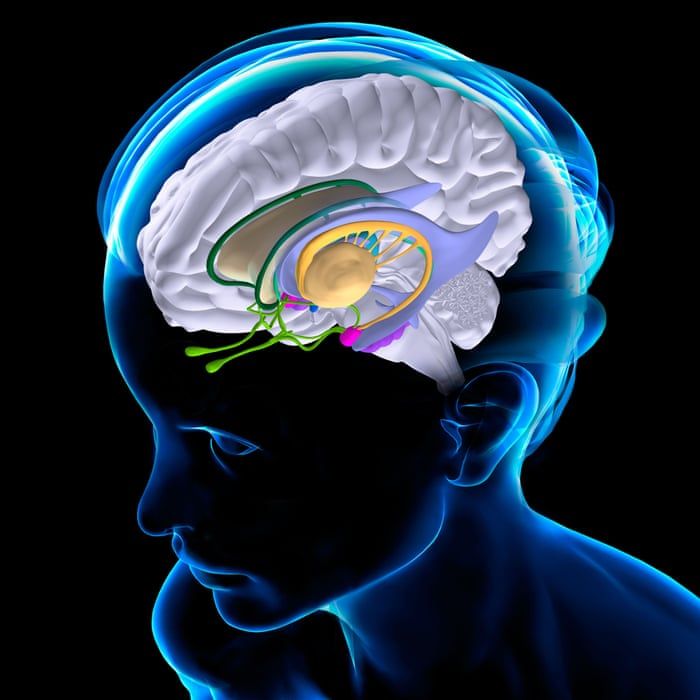TMS Therapy Boston
Looking for TMS Therapy Boston?
Overview: TMS Therapy Boston
Transcranial magnetic stimulation (TMS) is a noninvasive procedure that uses magnetic fields to stimulate nerve cells in the brain to improve symptoms of depression. TMS is typically used when other depression treatments haven't been effective.
This treatment for depression involves delivering repetitive magnetic pulses, so it's called repetitive TMS or rTMS.
The following explanations will help you understand more about TMS Therapy Boston
How it works: TMS Therapy Boston
Repetitive transcranial magnetic stimulation (rTMS)
Open pop-up dialog box
During an rTMS session, an electromagnetic coil is placed against your scalp near your forehead. The electromagnet painlessly delivers a magnetic pulse that stimulates nerve cells in the region of your brain involved in mood control and depression. It's thought to activate regions of the brain that have decreased activity in depression.
Though the biology of why rTMS works isn't completely understood, the stimulation appears to impact how the brain is working, which in turn seems to ease depression symptoms and improve mood.
There are different ways to perform the procedure, and techniques may change as experts learn more about the most effective ways to perform treatments.
TMS Therapy Boston: About Boston
Boston, city, capital of the commonwealth of Massachusetts, and seat of Suffolk county, in the northeastern United States. It lies on Massachusetts Bay, an arm of the Atlantic Ocean. The city proper has an unusually small area for a major city, and more than one-fourth of the total—including part of the Charles River, Boston Harbor, and a portion of the Atlantic—is water. Area city, 46 square miles (119 square km). Pop. (2000) 589,141; Boston-Quincy Metro Division, 1,812,937; Boston-Cambridge-Quincy Metro Area, 4,391,344; (2010) 617,594; Boston-Quincy Metro Division, 1,887,792; Boston-Cambridge-Quincy Metro Area, 4,552,402.
There are many options for TMS Therapy Boston, however Neuroheal TMS is an option for TMS Therapy Boston and we are here to answer any questions at any time. Just fill out a free consultation form.
Is TMS Therapy Boston Effective?
In the 10 years since a TMS device was first cleared for market in the U.S., researchers have sought to improve the effectiveness. Treatment is consistently given 5 days/week but, studies have been conducted to evaluate the following changes to TMS to determine which are most effective:
- Frequency, length of treatment, intensity, and pattern of the pulses;
- Treating different areas of the frontal cortex (left/right/both dorsolateral prefrontal cortex and the anterior cingulate cortex);
- Number of treatments per day;
- Number of weeks of treatment;
- Types of patients appropriate for treatment; and
- Maintenance schedule for patients who respond well to treatment.
Even today there is no established effective treatment. For example, in a 2018 JAMA editorial commenting on a new TMS study of patients at Veterans Affairs medical centers, psychiatrist Charles Nemeroff concluded that the lack of efficacy compared to placebo “are puzzling for several reasons. What might explain these findings? First, this population is largely male, in clear contrast to most depression clinical trials, which typically are about two-thirds female. Second, one cannot underestimate the psychological benefits of participation in clinical trials. The repeated engagement of the subjects by the treatment team is not a neutral experience but tantamount to at least supportive psychotherapy, if not more…. This is an important negative study, but it does not fully answer the question of what the appropriate role for rTMS is in the treatment of TRD [treatment resistant depression] in veterans.”15
Over the years, concerns about TMS efficacy have been expressed even by those who strongly support it. For example, Dr. Philip Janicak, a consultant to Neuronetics who has written numerous articles that support its use, wrote in 2015, “In summary, TMS is a promising, novel antidepressant treatment still relatively early in its development.“16 In a 2015 review of TMS research for depression, Dr. Paul Holtzheimer from Dartmouth Medical School, who also supports the use of TMS, admitted in 2015 that there are many unanswered questions about how to ensure effectiveness of the treatment, stating “the stimulation parameters required to optimize efficacy are not known and administration of repetitive TMS is thus not standardized……The number of treatments necessary for patients with acute major depression is not clear.”17
In 2016, the Canadian health agency, Health Quality Ontario, conducted a meta-analysis on the effectiveness of TMS. “We calculated changes in depression scores measured by Hamilton Rating Scale for Depression from baseline to the end of treatment and conducted a meta-analysis on the mean changes in scores of the two groups of rTMS-treated and sham-treated patients. The weighted mean difference was 2.31 points [which is] below the mean value deemed a priori to be clinically important [at least 3.5 points]… On average, rTMS reduced depression scores by about two points more than sham rTMS.”18




